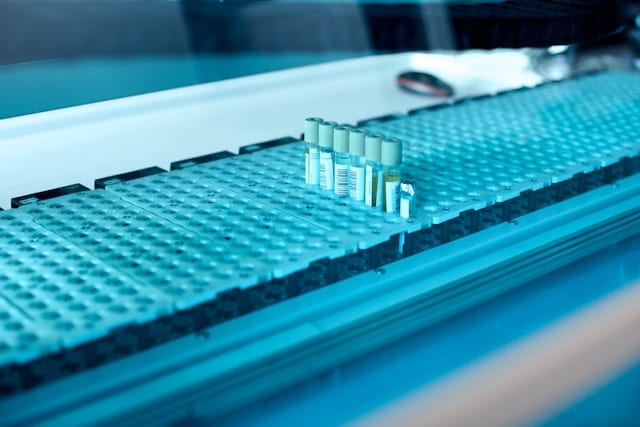Hoau-Yan Wang, who wrote grants for the clinical trials of Cassava Sciences’s Alzheimer’s drug candidate simufilam, has been indicted on fraud charges. More charges could be coming as two current employees are reported to be under federal investigation.
Update 17 July, 2024, 3:14 p.m. ET: Cassava Sciences CEO and SVP of neuroscience have resigned from the company following news of federal probes.
On June 27th, Hoau-Yan Wang, neuroscientist and key developer of Cassava Sciences Alzheimer’s drug simufilam, was indicted by a federal grand jury on charges of fraud related to grant applications he wrote in order to secure funding for developing and testing the drug. Meanwhile, two current senior employees are under federal investigation for suspected misconduct.
The indictment alleges that Wang, a professor at the City University of New York, falsified the data in grant applications to secure federal funding used in Phase 1 and 2 trials of Cassava Sciences’ drug. It also alleges that Wang falsified data from experiments showing how the drug works, as well as data that purported to show improvement of certain biomarkers in patients who used the drug.
Wang is charged with one count of major fraud against the United States, two counts of wire fraud, and one count of false statements, and accused of defrauding the National Institutes of Health (NIH) of approximately $16 million in federal grants on behalf of himself and Cassava Sciences between 2015 and 2023.
In a public statement, Cassava Sciences described Wang as a “former paid science advisor” and wrote that he has “no involvement in the Company’s Phase 3 clinical trials of simufilam.”
According to trial protocols posted on the public U.S. clinical trials database, Cassava Sciences is using the diagnostic test developed by Wang to assess a secondary clinical trial outcome in both ongoing simufilam Phase 3 clinical trials.
Results from the first trial are expected at the end of this year. Results from the second are expected in mid-2025.
“Wang’s alleged scientific data falsification in the NIH grant applications related to how the proposed drug and diagnostic test were intended to work and the improvement of certain indicators associated with Alzheimer’s disease after treatment with the proposed drug,” the indictment stated.
Simufilam is currently in Phase 3 trials. Since the filing of a Food and Drug Administration citizen petition (a public request made by individuals and community organizations to change or alter a health policy) in August of 2021, the drug’s maker, Cassava, has been at the center of allegations of scientific misconduct and fraud from research scientists, shareholders’ rights law firms, and has faced investigations from multiple federal agencies as well as retractions of multiple research papers associated with the drug’s development.
Last year, CUNY filed an investigative report to explore allegations of misconduct by Hoau-Yan Wang, who developed simufilam. A leaked, incomplete, and unofficial report by investigators allegedly found “egregious misconduct” and the data to be “highly questionable.” However, because the report was leaked before being finalized, the investigation was put on pause.
Adding to the controversies at hand, Cassava Sciences has filed defamation lawsuits against the scientists who filed the citizen petition, an investment firm that researches and bets against companies they believe are fraudulent, and scientists who have criticized the company’s data online and bet against the company. A judge recently filed a motion to dismiss Cassava’s case.
